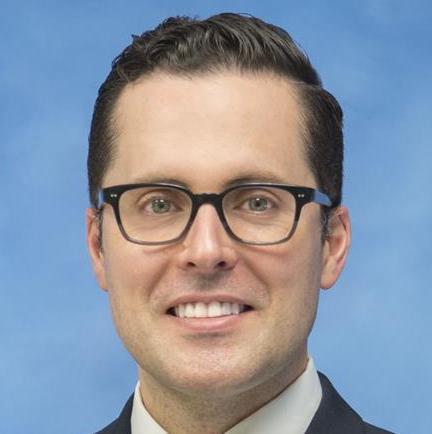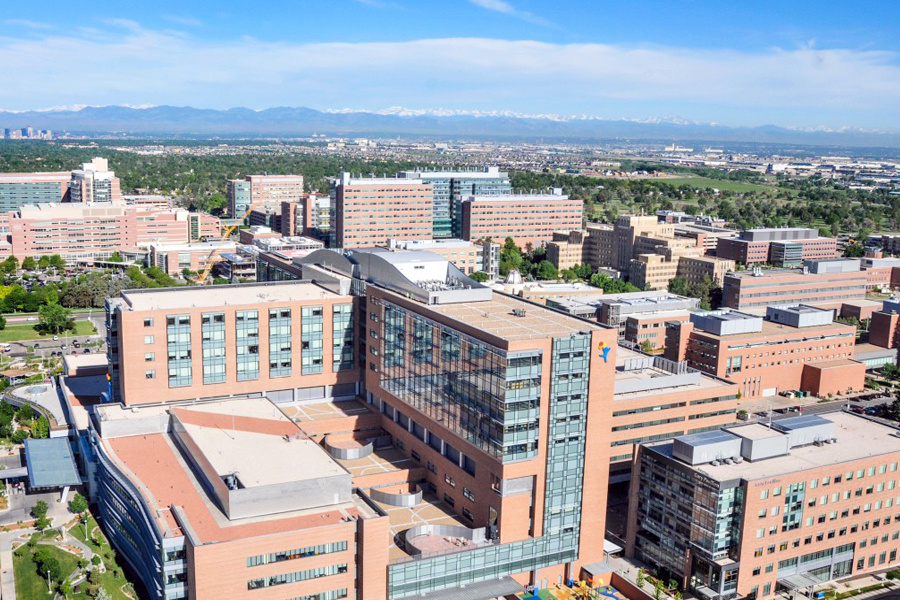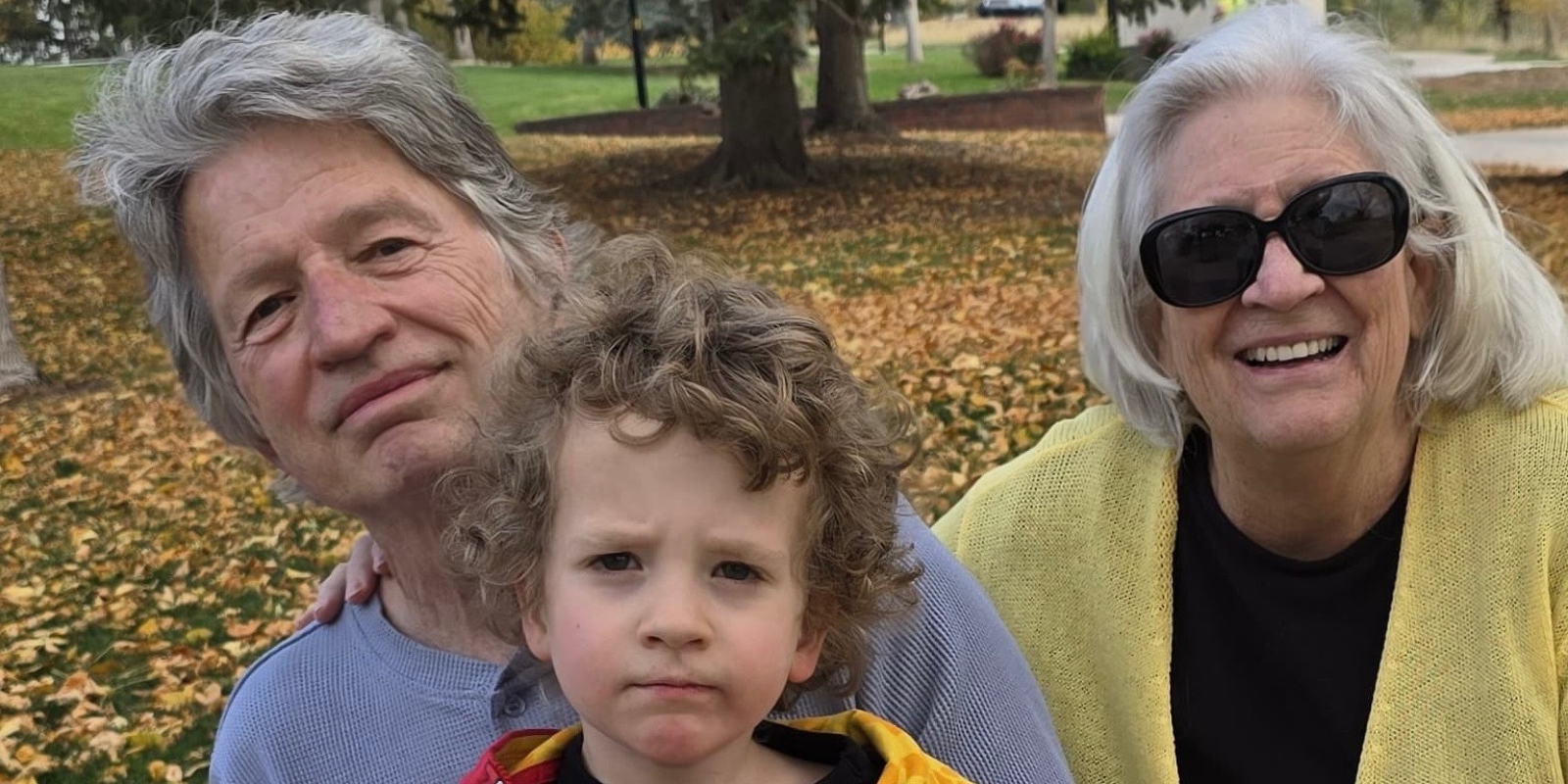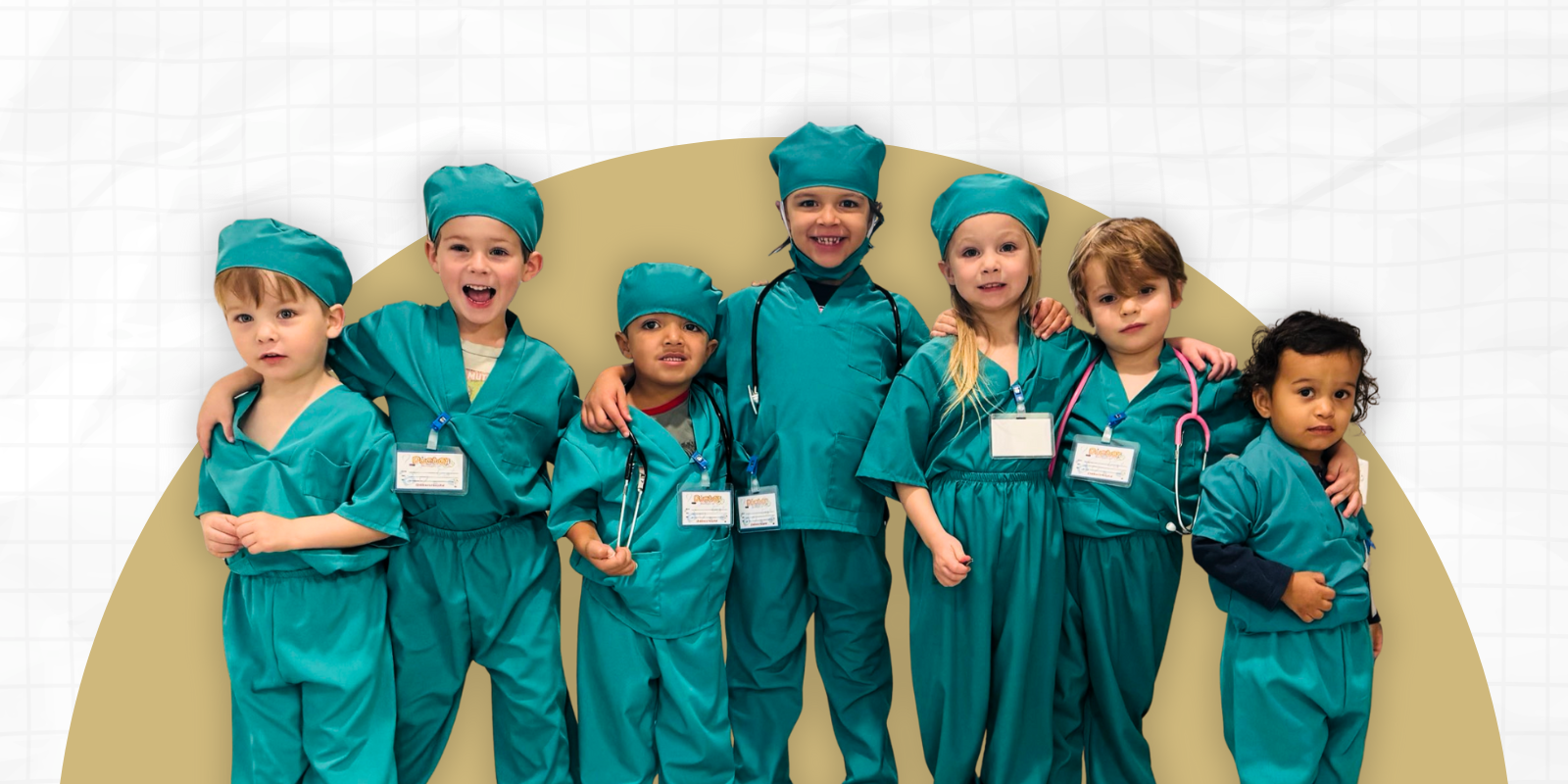As a native Spanish speaker working in pediatric surgery at Children’s Hospital Colorado, José Díaz-Mirón, MD, knows what a difference it makes when a surgeon can communicate with a patient in their native tongue.
“You can see the change in attitude and demeanor of a Spanish-speaking patient when you walk in and you start talking to them in Spanish,” says Díaz-Mirón, assistant professor of pediatric surgery in the University of Colorado Department of Surgery. “You see them relax very quickly. You build a rapport with someone much quicker when you start talking to them in their language.”
Need for a clinic
It’s a phenomenon Díaz-Mirón has observed throughout his medical career working in Texas, Missouri, Michigan, and Colorado, and it’s why, in fall 2022, he launched Clínica de Cirugía Pediátrica, a Spanish-speaking pediatric surgery clinic at Children’s Colorado that answers questions from Spanish-speaking families and patients about pediatric surgical conditions and treatments. He sees all pediatric surgical conditions, including appendicitis, hernias, and abdominal surgical conditions, as well as general thoracic surgical conditions, including chest wall deformities such as pectus carinatum and pectus excavatum.
“I know firsthand the difficulties in making a transition from one language to the other,” says Díaz-Mirón, who was born and raised in Mexico and received his medical degree from Baylor College of Medicine. “It’s especially important when you’re dealing with very complex and stressful topics like surgeries for children. We have such a large Hispanic population here in Colorado, and this was a big need for the community. Even though we have really good interpreter services, you still lose a lot in translation. In these conversations that can be stressful and anxiety-provoking, it makes a difference when you speak the same language and have the same cultural background.”
The Spanish-language clinic currently sees patients twice a month on the CU Anschutz Medical Campus and twice a month at the Children's Colorado North Campus in Broomfield. Patients range in age from newborn to 21.
Important in Colorado
A Spanish-language pediatric surgery clinic is especially important in Colorado, Díaz-Mirón says. According to the 2020 population census, 21.8% of Colorado residents and 29.9% of Denver residents are Hispanic or Latinx. In 2020, Hispanic and Latinx patients accounted for 29% of the total visits to the Department of Pediatric Surgery at Children’s Colorado, and of those families, 23% reported Spanish as their primary language and 9% required interpreter services in Spanish.
Depending on their age, Díaz-Mirón will consult either directly with the patient or with their parents or families — or both — about the details of a given surgery, its risks, timeline, and recovery.
“A big part of signing up someone for surgery is having a true informed consent talk, where I explain to them the risks and benefits of a procedure in a way that the patient or their caregiver can really understand and affirm that, ‘Yes, I'm signing up for this surgery for this reason,’” he says. “Patients who are treated with language-concordant care have a greater ability to really have that true informed consent experience.”
Expansion and research
Díaz-Mirón recently brought another native-Spanish-speaking pediatric surgeon, Jonathan Hills-Dunlap, MD, MPH, into the clinic with the hopes of expanding its reach. He also is reaching out to primary care physicians and community organizations to raise awareness of Clínica de Cirugía Pediátrica, and he is conducting research on pediatric patients who are treated in their native language.
“I do a lot of clinical and health services research, and one of my fields of interest is language-concordant care,” Díaz-Mirón says. “We’re starting off by looking at the impact of language-concordant care on patient satisfaction. We also looked at the group of patients that we serve and noted that the patients who are seen in the bilingual clinic have higher scores on the social vulnerability index, which means that they are a higher-risk population. Ultimately, we want to look at surgical outcomes and how they are affected if you can offer language-concordant care.”
Featured image: José Díaz-Mirón, MD, consults with a patient at Clínica de Cirugía Pediátrica.





